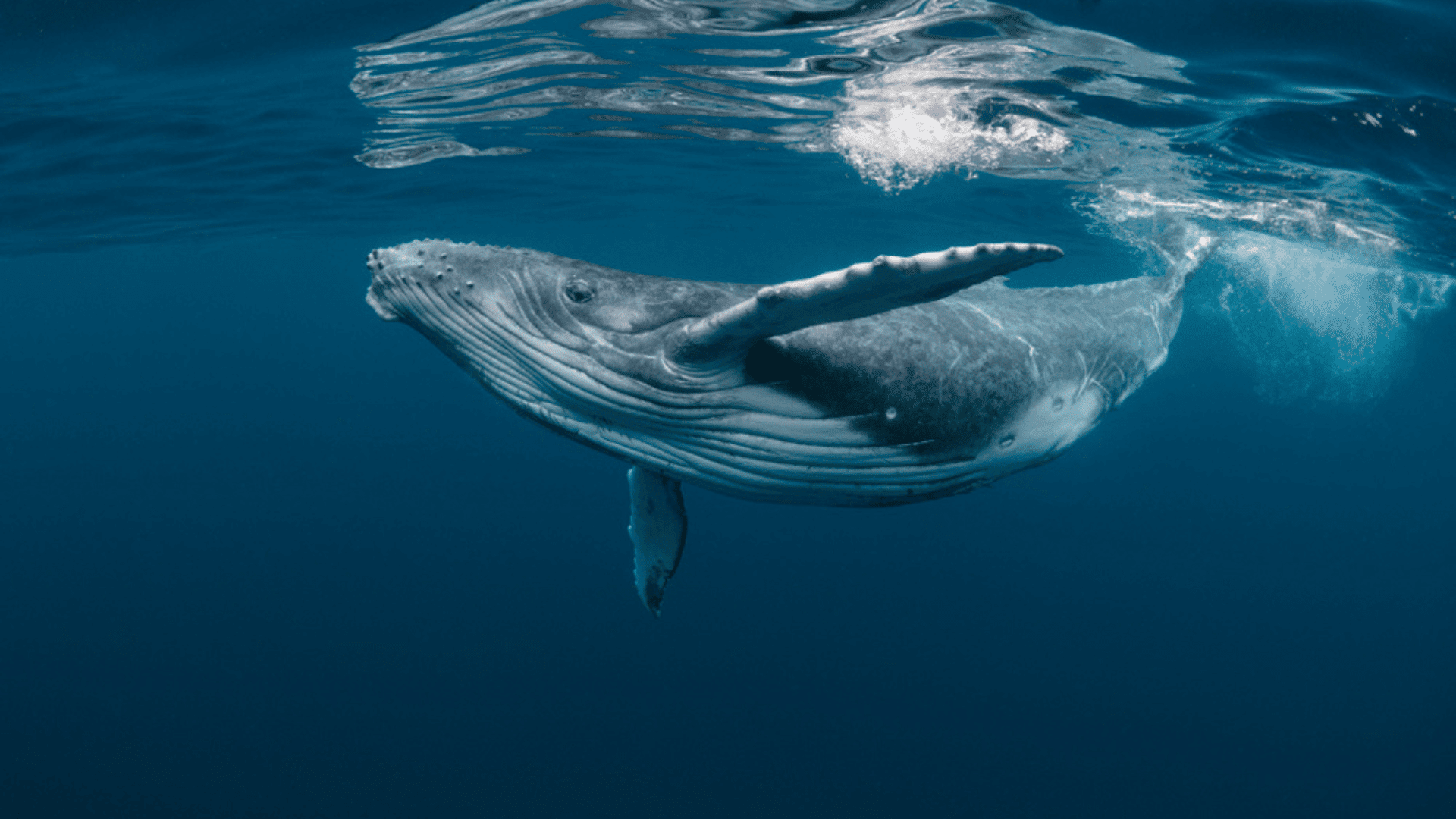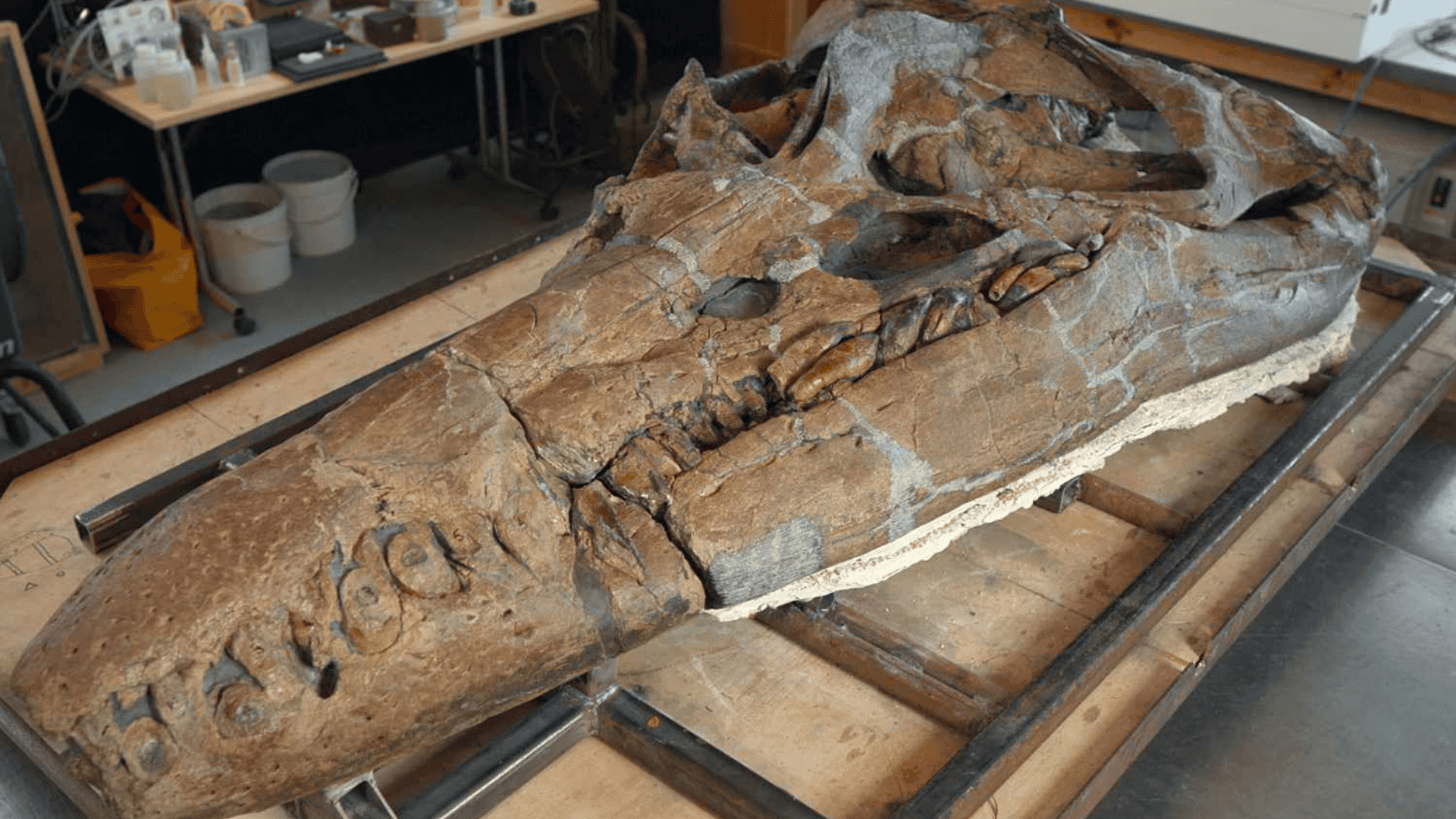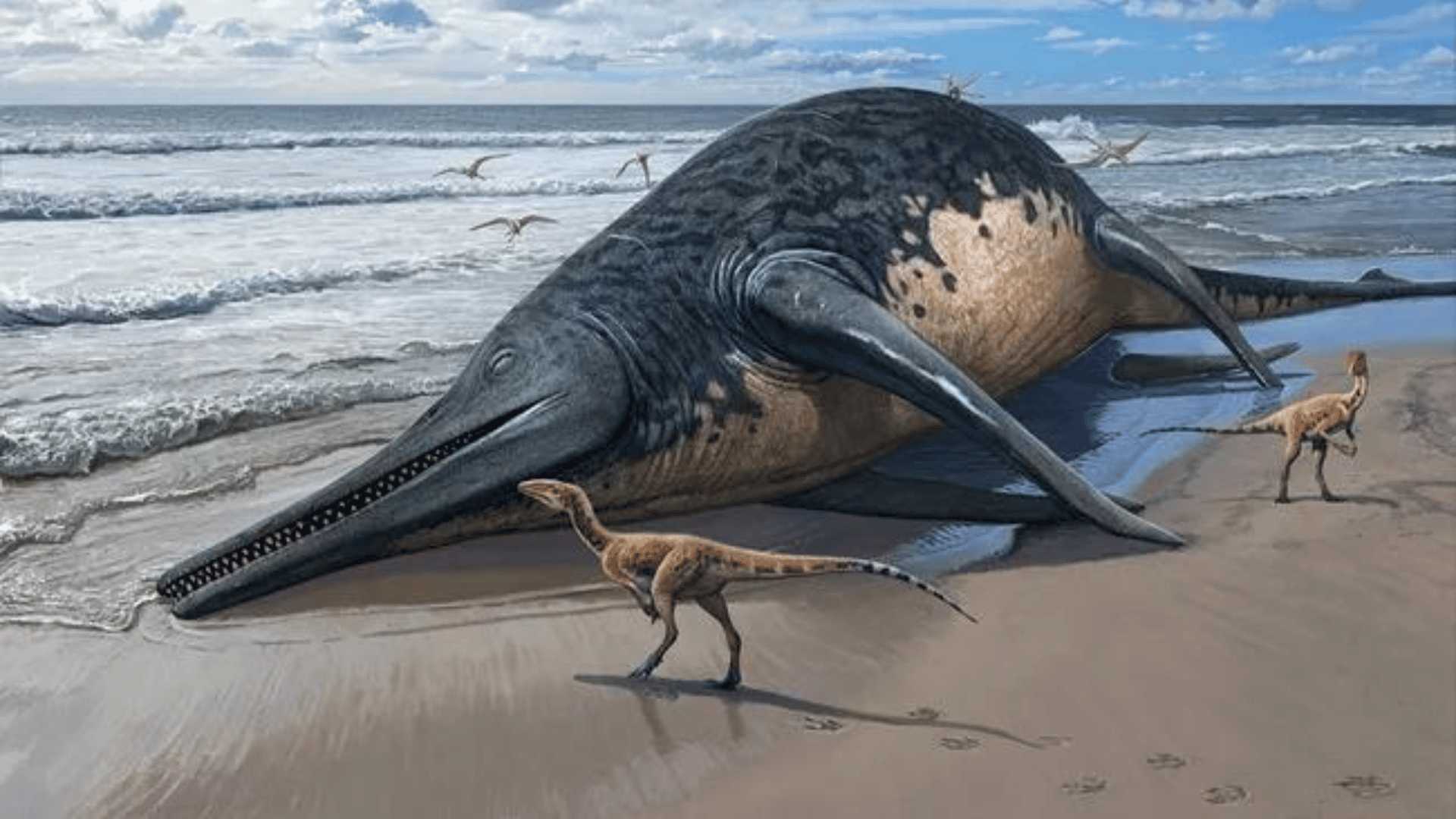Only a few hundred Antarctic blue whales were left alive after centuries of industrial whaling. New research by Australian scientists and international colleagues suggests that the population may be recovering.

After listening for two decades to the distinctive songs of the blue whales, the team has discovered that they’re swimming across the Southern Ocean with growing regularity. The thousands of hours of audio, collected using underwater microphones and secondhand military-issued submarine listening devices, suggest that whale population numbers are steadily increasing.
“When you look back to before this work was started by the AAD, we really just had so few encounters with these animals – and now we can produce them on demand,” stated Brian Miller, the Australian Antarctic Division senior research scientist to The Guardian. “We can tell you where they’re frequenting; we can tell you that we’re hearing them more often. So that’s progress.”
Explore Tomorrow's World from your inbox
Get the latest science, technology, and sustainability content delivered to your inbox.
I understand that by providing my email address, I agree to receive emails from Tomorrow's World Today. I understand that I may opt out of receiving such communications at any time.
According to a new paper collating the findings of Australian and international researchers’ seven voyages, the whales have been heard more often over time. Researchers have spent hours listening for repeating songs about 20 seconds long, otherwise termed Z calls, and shorter, high-pitched D calls, to track the endangered species.
The team traveled approximately 93,000 miles across the Southern Ocean to track the whales’ throughout Antarctica. Australian researchers stated that the study’s geographic and temporal range provides a rare insight into the state of the species.
“Having so many years [of data] over several seasons … and then having it over thousands of kilometers – that’s really unique.” stated Dr. Olaf Meynecke, a Griffith University whale researcher.
The whales are located in Antarctic waters for approximately half the year, but they also travel through Australia, South Africa, South America, and across the equator. Their traveling patterns mean this project has drawn the interest of scientists worldwide.







